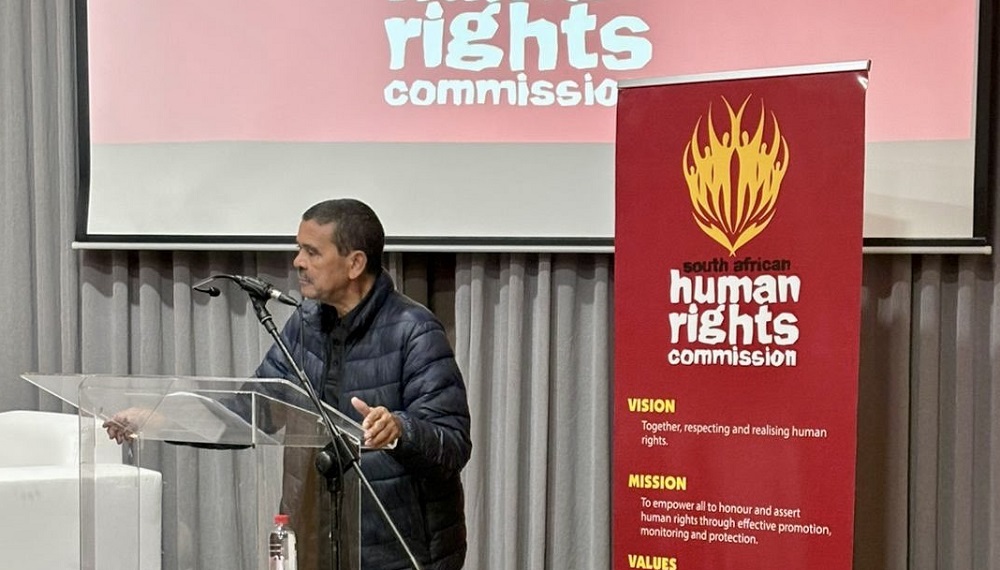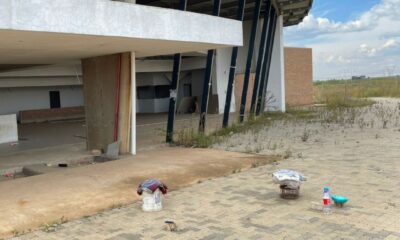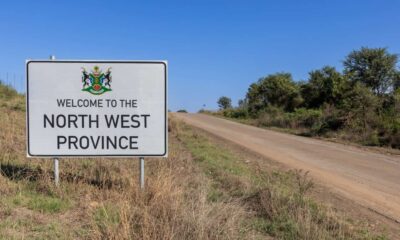News
SAHRC Pushes Back Against Misinformation While Spotlighting South Africa’s Human Rights Struggles

Clearing the air in a storm of disinformation
The South African Human Rights Commission (SAHRC) has moved to quash persistent rumours about its workforce and mandate, releasing a sharp statement alongside four detailed reports on the state of human rights in the country.
One of the loudest claims circulating on social mediaparticularly in the wake of movements like Operation Dudulais that the SAHRC is staffed largely by non-South Africans and only advocates for migrants. The Commission has flatly rejected these allegations, pointing out that of its 169 staff members, only seven are non-nationals. Out of 16 senior managers, just one is not South African.
“The persistence of this incorrect and false narrative, especially on social media platforms, necessitated this statement to nullify this disinformation campaign and provide facts,” the Commission said.
Far from working “against South Africans,” the SAHRC highlighted that in the 2024–25 financial year it finalised 7,516 complaints, the majority lodged by South African citizens.
What the new reports reveal
Alongside its rebuttal, the SAHRC released four reports painting a detailed picture of South Africa’s human rights landscape. Together, they reflect both the Commission’s workload and the challenges faced by ordinary citizens:
-
State of Human Rights Report (2024–25): Recorded over 1,394 monitoring activities and 3,180 advocacy initiatives, with recurring complaints around racism, xenophobia, and lack of access to basic services.
-
Monitoring the Implementation of Recommendations Report: Found gaps in sanitation and connectivity at schools during the 2024 elections, as well as poor training for electoral officials.
-
Section 184(3) Report: Exposed major failings in housing, healthcare, and social security, with government often slow or unresponsive.
-
International and Regional Human Rights Report: Positioned the SAHRC as a globally respected ‘A-status’ national human rights institution, underscoring South Africa’s international credibility.
Why the backlash?
The SAHRC has been under fire from certain corners of society, especially groups aligned with anti-migrant rhetoric. Critics accuse the Commission of prioritising the rights of non-nationals over struggling South Africans. This narrative has been amplified on platforms like Facebook and X (formerly Twitter), where anger over unemployment and poor services often finds an outlet in scapegoating migrants.
By publishing the hard numbers, the Commission is trying to cut through the noise. Most of its caseload, the reports show, deals with bread-and-butter issues that affect localsfrom poor service delivery in townships to racism in workplaces.
Taking the fight to Parliament and beyond
The SAHRC says it will table its reports in Parliament, holding government departments accountable for persistent failures in human rights delivery. At the same time, it plans to intensify public awareness campaigns to correct disinformation and better explain its role.
In stronger terms than usual, the Commission also hinted at taking legal action against both state and private bodies that continue to neglect their human rights obligations.
A deeper battle for trust
At its core, the SAHRC’s pushback is not just about setting the record straight on staff numbers. It’s about public trust. In a climate where misinformation spreads faster than fact, institutions like the SAHRC risk being sidelined or vilified.
The reports, if anything, remind South Africans of the scale of the country’s human rights crisis: racism, xenophobia, and poor service delivery are not abstract conceptsthey shape the daily lives of millions.
And while critics may question its effectiveness, the SAHRC is making the case that it’s still one of the few watchdogs standing between vulnerable citizens and a state that too often fails them.
{Source: IOL}
Follow Joburg ETC on Facebook, Twitter , TikTok and Instagram
For more News in Johannesburg, visit joburgetc.com



























